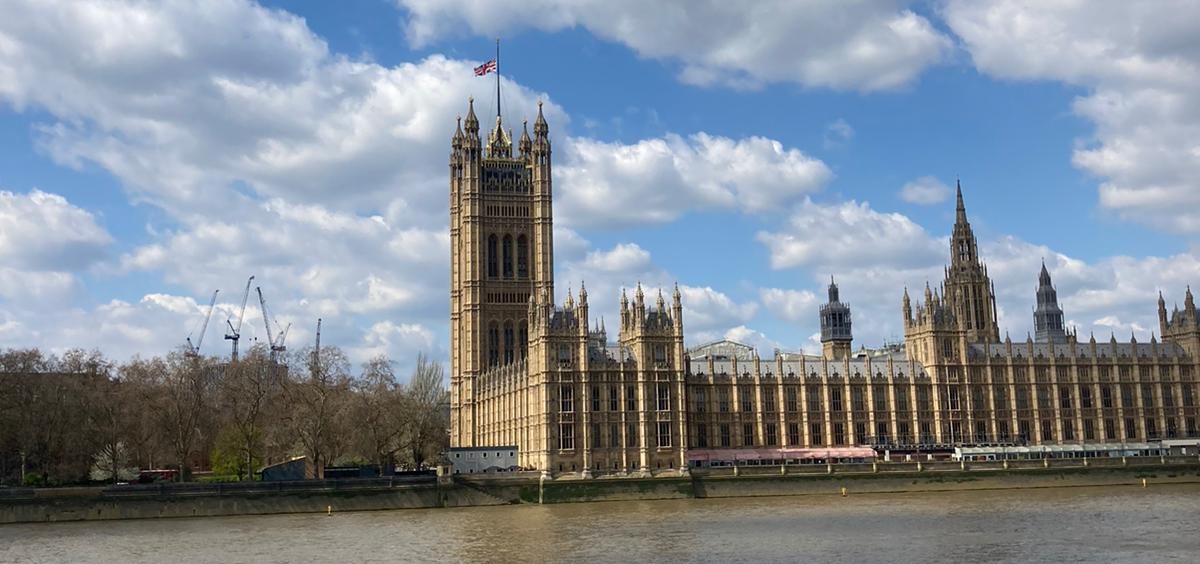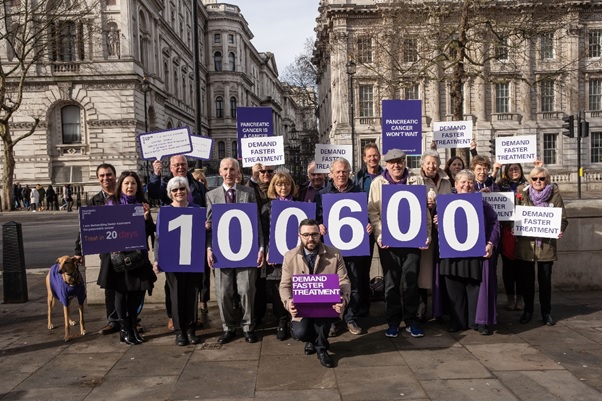Join our campaigns community
Sign up to get regular updates on ways you can campaign for change for people with pancreatic cancer.


In 2022 the Government promised a ‘War on Cancer’ and asked for input into a new 10 year plan for cancer. Through their Call for Evidence they asked members of the public, health professionals, charities and others to share their ideas on what should be included.
We submitted a response as Pancreatic Cancer UK.
Over 200 of you submitted your own evidence for the 10 year plan. Thank you!
Below you can see some of the resources and training we shared to help our amazing supporters to respond.
Below are the six key questions asked in the Call for Evidence. We’ve put some prompts, and suggestions of things you might want to include in your response, under each question.
This Call for Evidence will influence the next 10-year cancer strategy in England. In the meantime, we are doing lots of work behind the scenes to influence cancer policy across the UK. The Scottish Government is due to launch a consultation on its new cancer strategy in coming months, and we fed into the recently published 10 year cancer plan in Northern Ireland. Make sure that you sign up to our Campaigns Community for updates on how you can get involved.
Sign up to get regular updates on ways you can campaign for change for people with pancreatic cancer.

